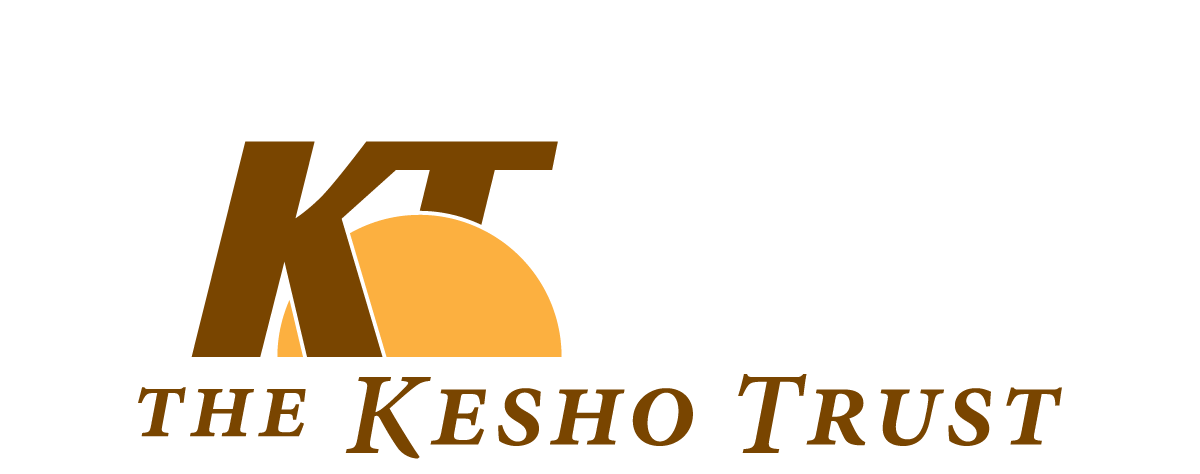The Institutional Canopy of Conservation:
Governance and Environmentality in East Africa
Recent activities, events and information:
– – – – – – – – – – – – – – –
This Partnership program will mobilize researchers and institutional partners to investigate linkages between the livelihoods and conservation practices of indigenous communities that surround key sites of biodiversity in East Africa, those inhabited by some of the world’s greatest repositories of biological diversity, including wildlife. At stake is the well-being of indigenous pastoral, hunting and farming communities who are increasingly losing land to wildlife protection, and the preservation of unique herds of elephants, rhinos, zebra and other savanna and forest species, including diminishing troops of primates. The predicament that faces governments of the region, international conservationists, civil society, and local communities is the simultaneous loss of livelihood security and of resource sustainability in areas of rich biodiversity. At worst, a lose/lose scenario is being played out, where land fragmentation, poverty, population growth and political alienation stimulate poaching and degradation of scarce resources, neither animal nor human populations benefiting.
I-CAN will investigate ongoing experiments in community conservation in Kenya, Tanzania and Uganda, projects with the promise of positively influencing how indigenous societies strategically engage with the resources on which they depend for their livelihoods. The major goal of the project is to assess the effectiveness of experiments in community conservation, found in distinct ecological zones, in reconciling the goals of sustaining biodiversity and ameliorating the lives of resident communities.
To do so, international and Canadian experts, will work with local partner organizations to form a team that will emphasize two aspects of partnership: (1) cross-sector co-creation of knowledge & understanding; and (2) disciplinary and interdisciplinary research partnerships. The team will bring together experts in Anthropology, Ecology, Economics, Geography, Law, Education and Natural Resource Sciences, whose disciplinary skills can help to understand different dimensions of the conservation question, from different perspectives.
I-CAN will examine the institutional network that influences attitudes of indigenous actors and the social complexity that shapes their conservation decisions and behavior. Is it sufficient to get incentives right through programs of payments for ecosystem services or spin-off enterprises, or does the creation of conservation ‘subjects’ through ‘environmentality’ demand getting institutions and values right? To develop effective models for conservation interventions, two major pursuits will be undertaken: (a) participatory research pursued in key sites in the two countries of East Africa by local field-study groups; and (b) theoretical, comparative and policy-oriented studies pursued by thematic research groups. Through problem-oriented comparative research on experiments in community conservation that are currently underway, researchers will investigate how institutions influence attitudes towards and practices of local actors concerning the holding, use and conservation of critical natural resources. This information will then be integrated into an analytical framework in terms of which institutional models, fitted to diverse political and ecological contexts, can be evaluated. Conservation occurs within a ‘governance’ context, of institutions and organizations that structure the ideas and practices that participants bring to the conservation arena. Accordingly, this Partnership program will focus on the multi-storied institutional “Canopy of Conservation” that mediates between local actors at the community level and environmental resources they consider their own.
The project is led by McGill University [Canada] and the Africa Centre for Conservation [Nairobi, Kenya] and is jointly funded by the Social Sciences and Humanities Research Council of Canada [SSHRC] and the International Development Centre [IDRC]. The notice of award was made in April 2014 and the project will be ongoing for the next seven years.
More information will be posted as the project progresses. Please sign up for our newsletter to stay connected to the products and activities.
